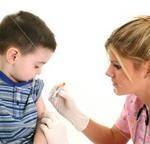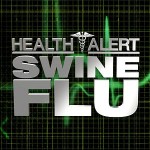In the first study of the two H1N1 vaccines used in the UK during the recent pandemic it was found that the split H1N1 virus vaccine induced higher immune response rates in young children, but was linked with more reactions than the whole virus vaccine.
According to the researchers, the data provides essential data to guide immunization policy in influenza pandemic.
Young children experienced pandemic A (H1N1) infections four times as compared to the rate of older peoples, during the 2009-10 influenza A (H1N1) pandemic. 
They became a priority group for vaccination as they were more commonly admitted to hospital.
The Department of Health purchased two H1N1 vaccines for the national immunization program, an adjuvanted split virion vaccine derived from egg culture and a non-adjuvanted whole virion vaccine derived from cell culture, for the detailed study.
A team of UK researchers was involved in evaluating tendency to
cause reactions, safety and the ability to induce an antibody response of the two vaccines in children. The effects were observed in children aged 6 months to 12 years.
The researchers found that both vaccines were tolerated well in children aged less than 3 years the split virus vaccine was more immunogenic and achieved higher seroconversion rates than the whole virus vaccine.
The split virus vaccine was more immunogenic and achieved higher seroconversion rates than the whole virus vaccine, especially in children aged less than 3 years.


